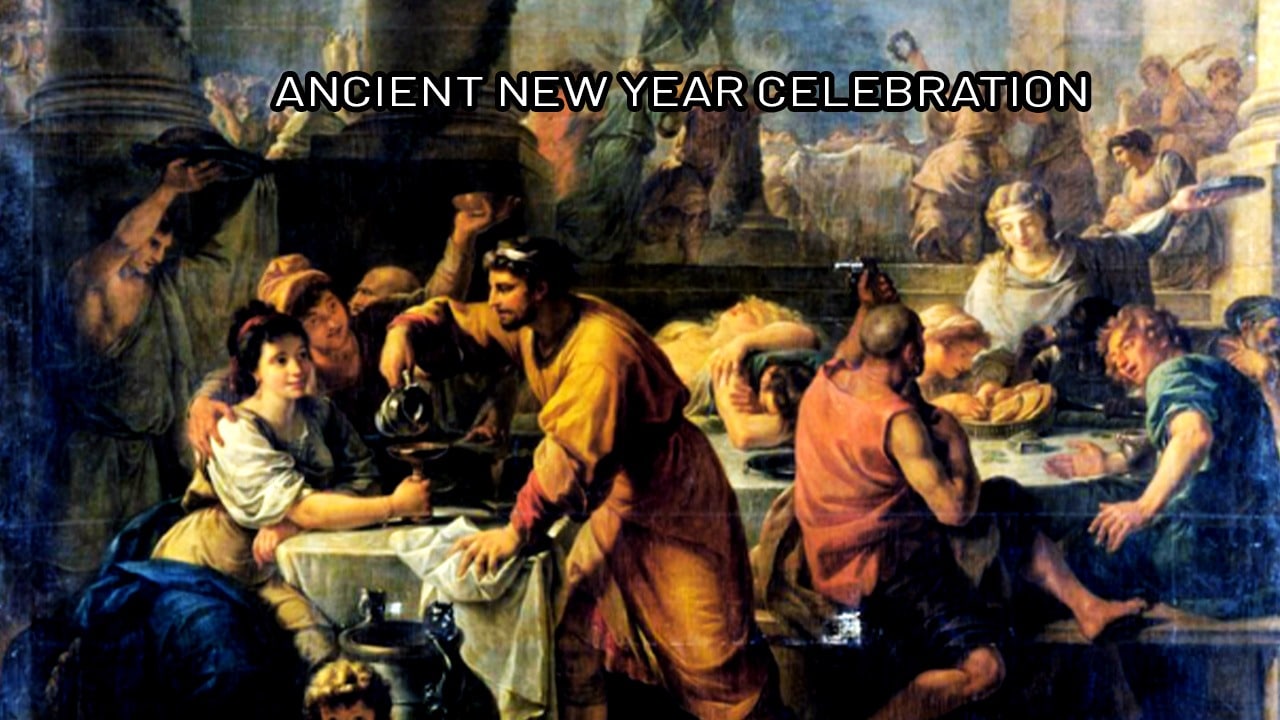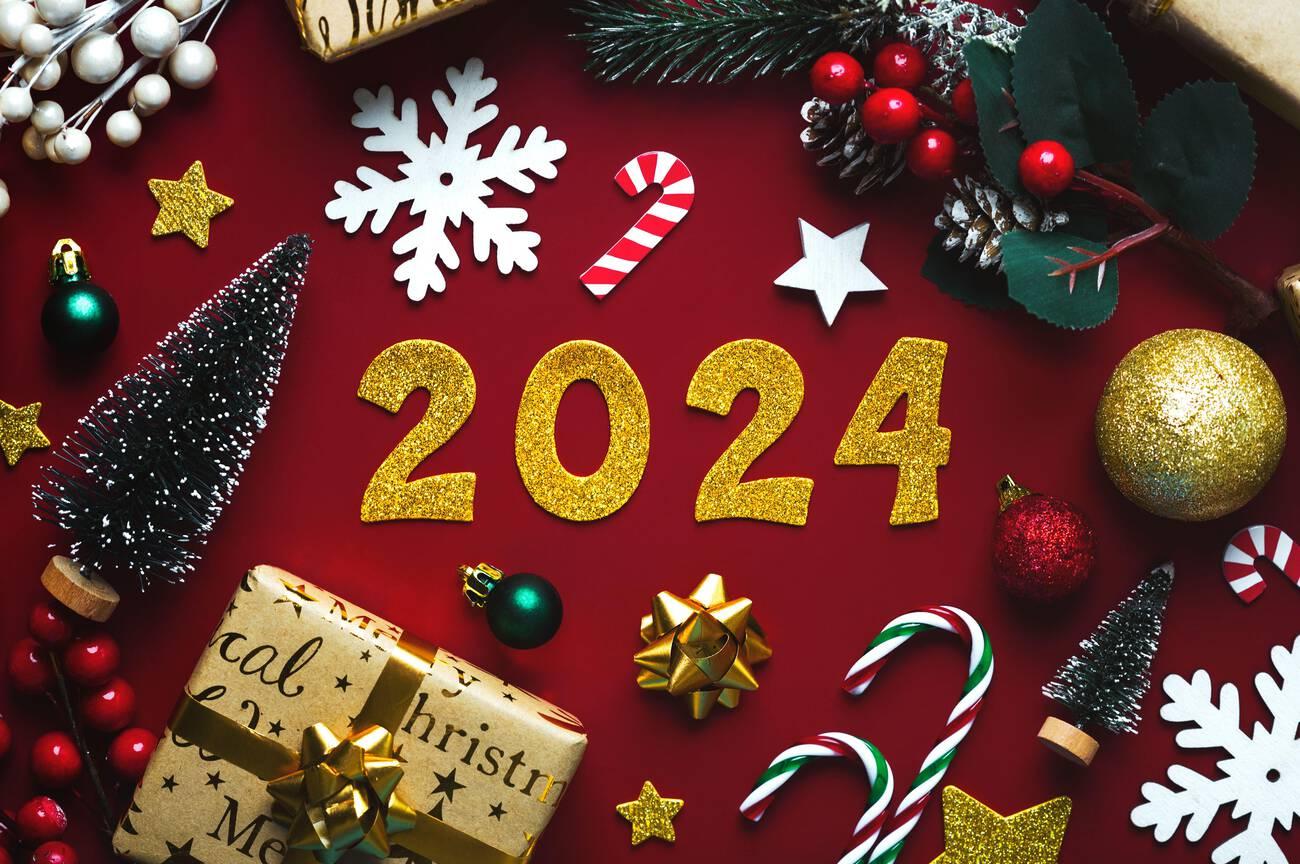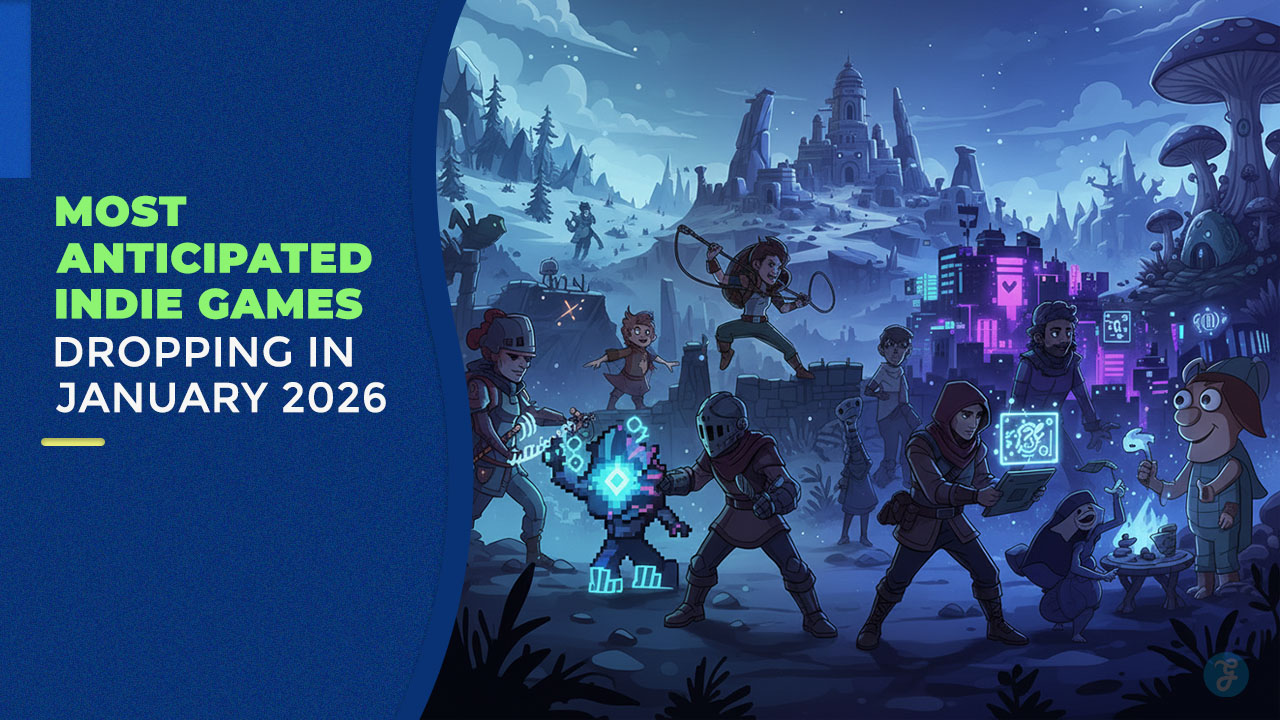Happy New Year 2024 to everyone! As the clock strikes midnight and fireworks light up the sky, people around the world celebrate with joy—January 1st marks not just a new day but an entirely new year. Have you ever wondered why is January 1 celebrated as new year? It’s interesting to think that years ago, people chose this day for fresh starts, but what’s the story behind it?
Did you know that January 1st wasn’t always considered the New Year? Way back in history, different cultures had their own times to say goodbye to the old year and hello to the new one.
Our blog will take you on a journey through time to discover how January 1 became universally recognized as New Year’s Day—filled with history, meaning, and exciting traditions.
Keep reading; there are plenty more fascinating facts waiting for you!
Content Highlights
- January 1 became New Year’s Day in Rome because of the god Janus, who had two faces looking to the past and future.
- Different cultures have their own New Year’s celebrations, like Rosh Hashanah for Jews and Lunar New Year for Chinese communities.
- “Auld Lang Syne” is a song many sing at midnight on December 31 to say goodbye to the old year and hello to the new one.
Why Is January 1 Celebrated As New Year?
The celebration of New Year on January 1 dates back to ancient Rome, where it was dedicated to Janus, the god of gates and doors. The Romans believed that Janus symbolized new beginnings and transitions, making January 1 an auspicious day for starting the new year.
The First Roman Calendar
Long ago, the Romans used a calendar much different from the one we know today. This old calendar had ten months, with some months lasting 30 days and others 31. They named four of these months after their gods.
March was the first month of their year, which started in the spring.
The Roman god Janus gave his name to January, which was later added to start their year. He was special because he had two faces—one looking back into the past and another facing towards the future.
This idea fit well with starting a new year since people reflect on what happened before and plan for what’s ahead.
February was also added to make twelve months in total for this early version of the Roman calendar. It got its name from “Februarius,” part of a cleaning festival during that time.
Their aim was to get ready for spring by washing away last year’s dirt and mess.
Rome’s Lunar Calendar
Rome’s lunar calendar was tied to the moon’s phases. It started in March and lasted only 10 months in a year. This old calendar did not match up with the sun’s cycles, which made things confusing.
The Romans wanted a better way to keep track of time. They looked at the sky and used stars and planets like Mars to help them. Their new calendar had 12 months instead of just 10.
This matched closer with how long it takes for Earth to go around the Sun.
January got its name from Janus, the Roman god who could see both back into the old year and ahead into the new one. People gave each other good wishes on January 1 for luck in the coming year. In addition, you can also read an article on- New Year Eve 2024: The Significance of Celebrating New Year’s Eve on December 31st
The Birth of the Julian Calendar
Moving from a lunar to a solar tracking system, Julius Caesar introduced the Julian calendar in 45 B.C. Sosigenes of Alexandria, who was an expert in math and stars, created this new calendar.
He made sure that the year matched up with Earth’s trip around the sun by adding an extra day every four years. This is what we call a leap year.
The Julian calendar also sets January 1 as the start of the new year. Over time, this became the date when many people celebrated New Year’s Day across different parts of our world. Before long, countries all over were using Caesar’s way to keep track of days and months.
Different Cultural Celebrations of New Year
From Rosh Hashanah to the Lunar New Year, different cultures around the world have their own unique ways of celebrating the start of a new year. Each cultural celebration comes with its own traditions and significance, adding diversity and richness to the global observance of the New Year.
Rosh Hashanah: The Jewish New Year
Rosh Hashanah marks the start of the Jewish New Year. This special day is a time when people in the Jewish faith look back on their actions and think about what they can do better.
It’s not just about saying “Happy New Year!” There are many important things that happen during Rosh Hashanah, like listening to a shofar, which is a horn that makes loud sounds.
Families get together to share meals with sweet foods such as apples dipped in honey. They do this to hope for a sweet year ahead. The holiday lasts two days and often falls in September or October, not on January 1.
Instead of fireworks, this time is quiet and thoughtful, with prayers and traditions that have been around for centuries. Jews all over the world stop their regular work to celebrate Rosh Hashanah, taking time to fix mistakes and get ready for a new beginning.
Lunar New Year
Chinese communities all over the world celebrate the Lunar New Year, also known as Chinese New Year, as a significant and joyous holiday. This tradition marks the beginning of the new year on the lunar calendar, which typically falls between January 21 and February 20.
It’s a time for family reunions, feasting, and honoring ancestors through various rituals and customs. People clean their homes to sweep away bad luck and make way for good fortune.
Red decorations are prominent, as red symbolizes good luck in Chinese culture. Lion dances, dragon parades, firecrackers, and giving red envelopes with money inside are customary practices to welcome prosperity and ward off evil spirits.
Significance of January 1
January 1 holds significance as the start of the new year due to its proximity to the perihelion, when Earth is closest to the sun in its orbit. This astronomical event marks the beginning of a new cycle and has been celebrated for centuries across different cultures.
Perihelion Around January 1
Around January 1 each year, the Earth reaches its perihelion, which is the point when it’s closest to the sun in its orbit. This happens because of the elliptical shape of Earth’s orbit around the sun.
During this time, despite being closest to the sun, it’s typically colder in the Northern Hemisphere due to the tilt of Earth’s axis away from the sun. The Southern Hemisphere experiences warmer temperatures during its summer season.
The significance of perihelion around January 1 affects various aspects, such as climate patterns and agricultural cycles. Despite misconceptions that distance from the sun influences seasons, it’s actually Earth’s axial tilt that causes seasonal variations in different parts of our planet. Additionally, you can also read about- 9 Quirky Gifts Ideas to Make Him Smile on New Year
Traditions Associated with New Year’s Day
On New Year’s Day, many people around the world sing “Auld Lang Syne” as a tradition to bid farewell to the old year and welcome the new one. This Scottish song is often sung at midnight on New Year’s Eve, symbolizing friendship and looking forward to the future.
Why We Sing ‘Auld Lang Syne’ on New Year’s Eve
“Auld Lang Syne” is sung on New Year’s Eve to symbolize the passing of time and hope for the future. The song’s lyrics reflect on old friendships and times gone by, making it a fitting choice for celebrations.
People join hands at midnight, singing it as a farewell to the old year and a welcome to the new one. This tradition brings people together in reflection and optimism, honoring the past while looking forward to the future.
The sentimental and reflective nature of “Auld Lang Syne” connects people across different cultures in shared hope for the upcoming year. It has become an integral part of New Year’s Eve traditions, uniting individuals from diverse backgrounds in a spirit of togetherness and anticipation for what lies ahead.
Takeaway
In conclusion, the celebration of January 1 as the New Year has a rich history and cultural significance. Different cultures around the world mark the start of the new year with diverse traditions and festivities.
Understanding the origins and meanings behind these celebrations can enrich our appreciation for this global phenomenon. As we embrace the new year, let’s reflect on its historical roots, honor its traditions, and look forward to new beginnings with hope and joy.
Join in exploring these diverse cultural celebrations to expand your understanding of New Year’s Day!
You May Find Interest: Google Welcomes 2024 with Vibrant New Year’s Eve Doodle
Frequently Asked Questions (FAQs)
If you want to know further about why is January 1 celebrated as new year, check out the answers below.
1. Why do we celebrate January 1 as New Year’s Day?
We celebrate January 1 as New Year’s Day because the Gregorian calendar, which most of the world uses today, marks it as the start of a new year.
2. What history made January 1 New Year’s Day?
The month ‘January’ got its name from ‘Januarius’, named after Janus, the god of doors and gates in Roman culture. Julius Caesar set January 1 as New Year’s Day under his Julian reform to honor Janus.
3. Are there other times people have celebrated the new year?
Yes! Different cultures celebrate their own new years on various days like Nowruz for Iranians or Chinese New Year in Chinatowns across Southeast Asia.
4. Does everyone use January 1 to start their new year?
Not everyone! For example, some faiths, like the Jewish religion, have different dates based on their own religious calendars.
5. Have there been changes to when we mark New Year’s over time?
Yes, dates for starting the new year have changed many times throughout history due to reforms and adjustments such as leap years and solar year corrections.
6. What are some traditions that happen on New Year’s around the world?
On December 31st (New Year’s Eve), people might go out or watch fireworks at midnight; also, customs like Scottish Hogmanay, where visiting friends right after midnight brings good luck, can happen.












































